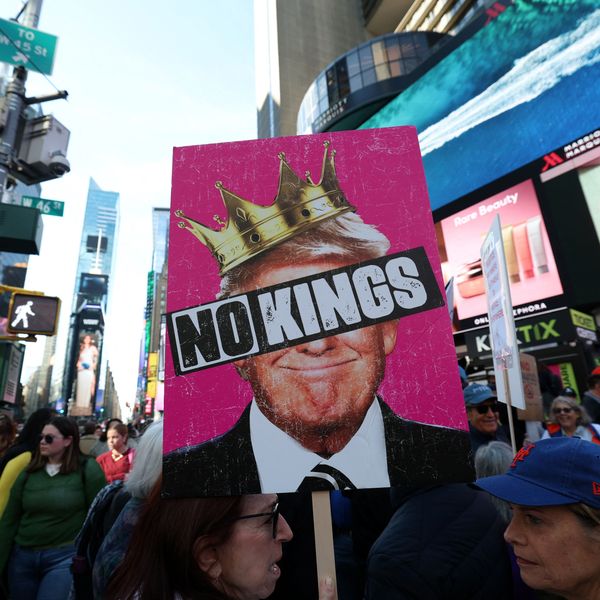The time when you don't need hope is when your hopes have been fulfilled. Hope is for when you don't have what you need and for when things are not OK. It is the belief that liberation might be possible that motivates you to make it more possible, and pursuing hope even when it doesn't lead to the ultimate goal can generate changes that matter along the way, including in yourself.
A dozen years ago I talked about hope to a roomful of working-class community college students in Washington, citing the German philosopher Ernst Bloch to the effect that without hope there is no action but without action there is no hope. A woman said in a clear voice that she agreed, because if she had not hoped she would not have struggled and if she had not struggled she would not have survived Pol Pot and the Cambodian genocide.
That floored me. Sometimes hope is just that you will survive, or that you will escape. Then you can hope for more. I wish I knew her story, but that she was in North America, alive and well and confident enough to speak out, told me something of it. Even despotic regimes end, though it's important to remember that not everyone and everything survives; you can be devastated for what won't and hopeful for what will at the same time.
In the United States we are probably headed for a very grim phase of uncertain duration. We will see much that we love under attack - but it's worth remembering that a lot of this is nothing new. From oil pipelines to human rights, there have been massive incursions over the past 16 years against nature, against equality, against governmental transparency. We are not exiting a utopia, and human rights organisations that are currently rising to a greater challenge have not been idle for lack of work in the Obama era.
The Bush years are not far behind us, and though more predictable, it was plenty brutal. May Boeve, executive director of 350.org, told me that after the recent US presidential election, her colleagues in Turkey sent their sympathy and said they got good work done on climate change, even under authoritarianism. We will have much work to do and we will still have the capacity to do it. It will matter more than ever that we do.
Read the rest at The Guardian.



